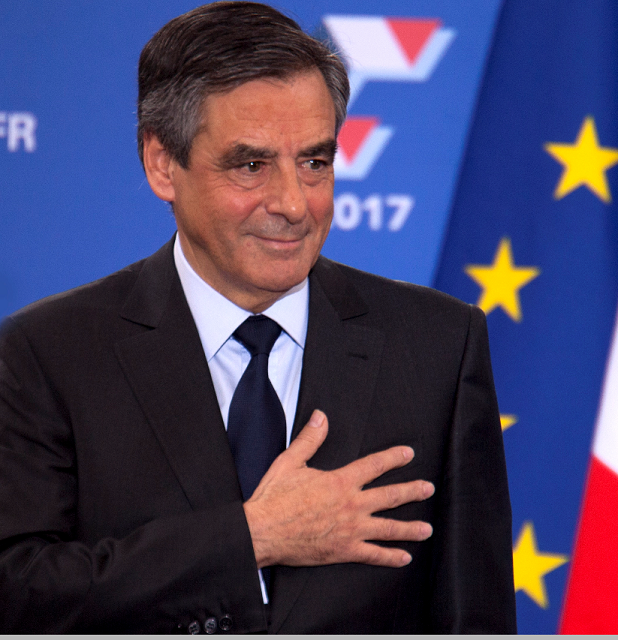A Win For Francois Fillon Could be a Win for Pound Sterling - Barclays

If Francois Fillon is elected as French President there are notable ramifications for the UK’s Brexit negotiations and by association the Pound.
This is according to a new research note from Barclays into what this key political event could mean for Europe and the UK.
And the good news for the UK is that the favourite - Fillon - is likely to be good for the UK.
Fillon's vision for Europe is one that is similar to that of the UK's - in which intergovernmental agreements play a greater role than the fostering of a European suprasoverign state.
He advocates the return of powers to member sovereign states rather than deeper integration.
Barclays reckon this might help the UK’s Brexit negotiations as it would position France more closely to the UK’s view of what Europe should be than the previous French ideal of a suprasoverign European state power.
Fillon has also argued for a quick resolution to Brexit indicating he is unlikely to ‘dig his heels in’ during negotiations, which also seems to point to an easier more painless path for the UK’s departure.
Nevertheless, Barclays also notes how France has a much lower trade exposure to the UK compared to other EU countries, and so is not as economically reliant, making it still a potentially tough adversary during Brexit talks:
"Given France’s lower exposure to UK trade than other EU members, Mr. Fillon’s stance suggests that the UK still would face tough negotiations from France, but that more room could exist for both practical and philosophical agreement."
"His EU reform vision also may lead to a better Brexit outcome as it hews much closer to the UK view."
Fillon For France
Fillon is easily the most likely candidate to win the French Elections according to an analysis of average poll results by Barclays.
In a first round vote, he is likely to get the highest share of the vote at 25%, with Marine Le Pen a close second with 24%.
(It is, however, interesting to note that independent Emmanuel Macron has been steadily creeping up the polls and could present a centrist option that could appeal to many swing voters that lean to the left.)
But it is in the second round that Fillon's lead is expected to open up, with a 66% over 34% win over Le Pen.
It is interesting to note that even against the other potential second round candidates – Macron and Valls, Le Pen is unlikely to win against either.
The candidate she is likely to do best against is Valls, yet even versus him, she would lose with only 41% versus his 59%.
Part of the reason for the poor second round performance of Le Pen is the peculiarly French habit of tactical voting against the Front National, in what is called the Front Republican.
This happened in 2002 when Jacques Chirac beat Jean Marie Le Pen to the presidency because even his enemies voted for him just so as to keep Le Pen out.
The same thing would be expected to happen again if Marine were to get to the second round.
But Can We Trust in Polls?
Part of the reason why political uncertainty is dogging markets so much despite polls signaling that Le Pen has hardly any chance of winning, is that the polls for Brexit and even more so for the US Presidency were so spectacularly wrong that they have brought into doubt their validity.
Yet Barclay see certain peculiarities of French voting habits as likely to limit distortion.
In some elections, such as Brexit, the high turnout of Brexit supporters surprised everyone and contributed to the mismatch with polls, however, this is less likely to happen in France.
“Furthermore, turnout likely will play less of a role in polling errors for the French general election as turnout in presidential elections is high and stable, typically above 80% in the second round,” say Barclays.
An increase in the participation rate does not seem likely to support Le Pen anyway, unlike UKIP.
Therefore, with arguably more reliable French polls signaling a win for the centre-right Francios Fillon, Sterling traders may wish to take note that the French election may not merely influence the Euro, but also the Pound.
Save
Save
Save

